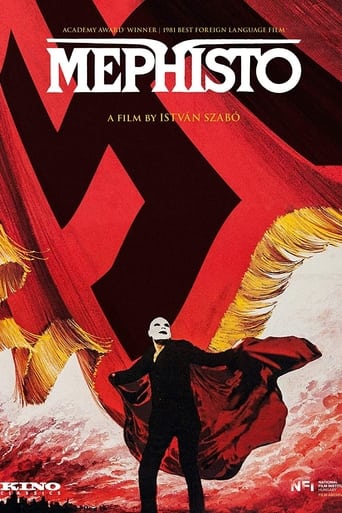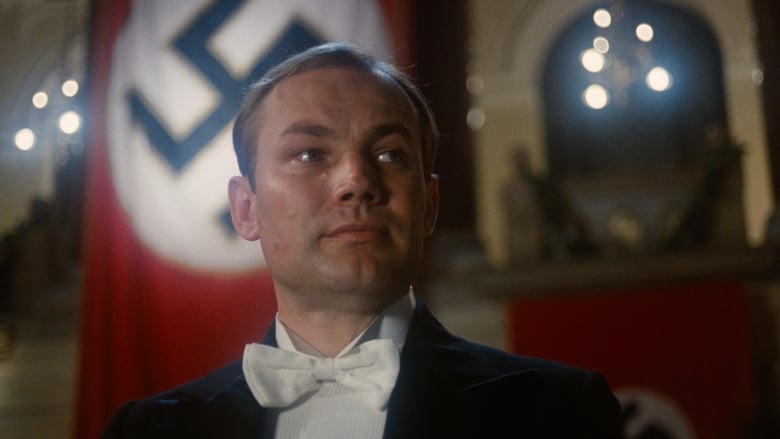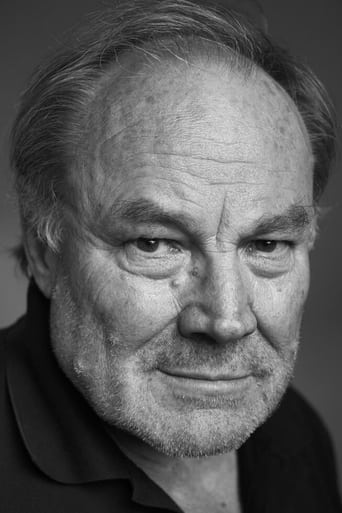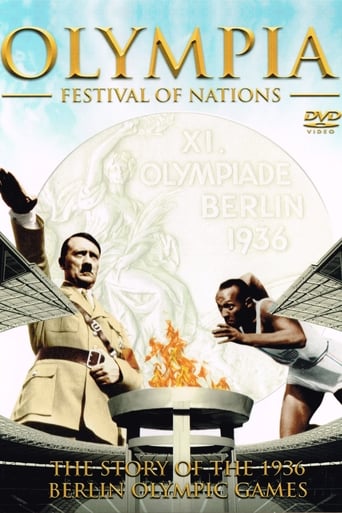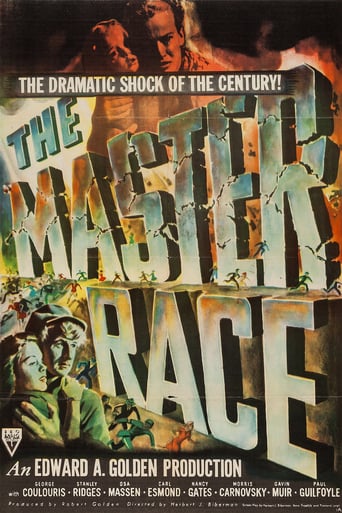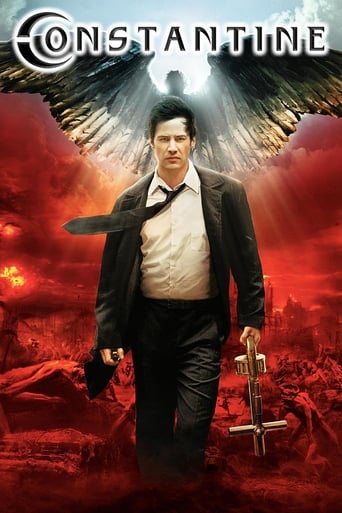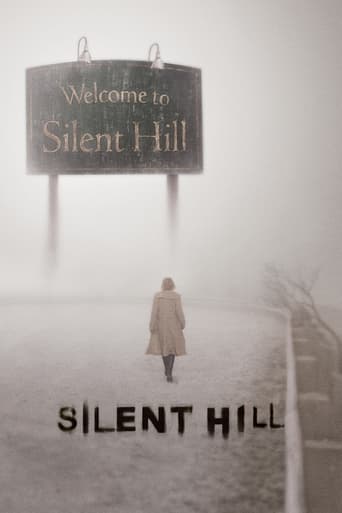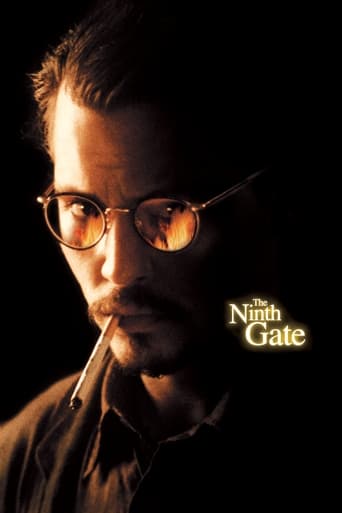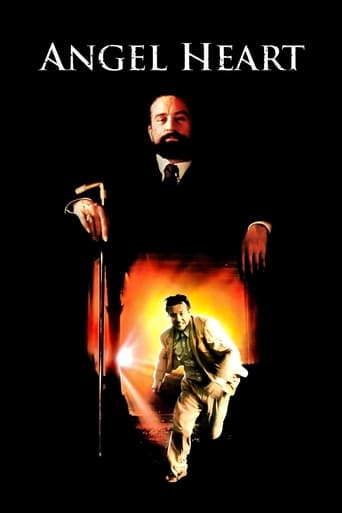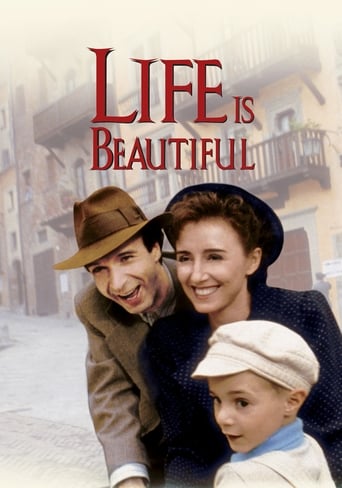Mephisto (1981)
A German stage actor finds unexpected success and mixed blessings in the popularity of his performance in a Faustian play as the Nazis take power in pre-WWII Germany. As his associates and friends flee or are ground under by the Nazi terror, the popularity of his character supercedes his own existence until he finds that his best performance is keeping up appearances for his Nazi patrons.
Watch Trailer
Cast


Similar titles
Reviews
Best movie of this year hands down!
It is not deep, but it is fun to watch. It does have a bit more of an edge to it than other similar films.
It's the kind of movie you'll want to see a second time with someone who hasn't seen it yet, to remember what it was like to watch it for the first time.
One of the worst ways to make a cult movie is to set out to make a cult movie.
A German stage actor finds unexpected success and mixed blessings in the popularity of his performance in a Faustian play as the Nazis take power in pre-WWII Germany. As his associates and friends flee or are ground under by the Nazi terror, the popularity of his character supersedes his own existence until he finds that his best performance is keeping up appearances for his Nazi patrons.If you want to win an Oscar, it never hurts to make a film about World War II, and especially if you throw the Holocaust in there. This film does not address the Holocaust, but does focus on a man in a very awkward position during the war -- does he flee or does he stay and accept the new way? Although not intentional (at least, not obviously so), it seems oddly like the story of Emil Jannings.
István Szabó's movie is based on the novel with the same title by Klaus Mann, the son of Thomas Mann. There is, however, an essential difference between the treatment in the book and in the movie of the same material: the character and behavior of the actor Gustaf Gründgens, the (ex-) husband of Klaus' sister Erika. Gustaf Gründgens had only one obsession: acting, to become the best actor and that at all costs. For the literary critic M. Reich- Ranicki, Gustaf Gründgens was indeed the best German actor of the 20th century. He excelled in the role of Mephistopheles in Goethe's Faust (see the movie 'Faust' shot by his adopted son Peter Gorski – one caveat: no subtitles).The novel and the movie Klaus Mann's novel is basically a sharply defined portrait (and an attack on) of his brother-in-law, the overambitious theater man. In order to fulfill his ambitions, G. Gründgens plays the role of the humble collaborator/servant of all those in power, be they from the left or from the (extreme) right, so also of the Nazis. But, the movie goes one step further. The actor, Gustaf Gründgens, serves as a means to dissect a cardinal human problem: the relationship between art and power (politics). The movie illustrates eminently that an artist (art) should not play the role of an innocent human being in a society full of bloodshed. As André Gide said, 'there is no art without liberty'. An artist (actor) should not collaborate naively with culture barbarians ('When I hear the word culture, I reach for my revolver'). In any case, for those culture barbarians artists (actors) should only play the part of their negligible foot soldiers, which can be 'crushed like beetles' ('Get out, actor!'). Klaus Maria Brandauer plays perfectly the 'two' Mephistopheles, the 'immoral' character in Goethe's Faust and the 'innocent' political collaborator. He is surrounded by a splendidly directed great cast. This movie, which tackles head on the role of art (movies) itself, is a must see for all lovers of world cinema.
Mephisto is István Szabó and screenwriter Péter Dobai's adaptation of Klaus Mann's novel about success-driven actor Hendrik Hoefgen's rise to fame during the Third Reich.The movie invites the viewer to see World War II from a seldom-explored perspective, that of the arts. We see the blacklisting of communist and jews, the decline in production of foreign playwrights like Moliére, and using culture to spread Nazi values.And in the middle is Hendrik Hoefgen, an actor who just wants to survive and get fame but by his own fault ends up involved in the higher echelons of the Nazi Party and becomes director the State Theater, immortalized by his performance as Mephisto because of the values this character seems to share with the ideal German the Nazis are trying to create.The movie poses the question, can art remain pure amidst political times; and if Hoefgen's life is any indication, then no, it can't. It can revolt and flee for safer places, or it can stay and become a corrupted tool of ideology. Hoefgen, although never played as villains, is a deeply flawed man and hardly innocent of his dealings with the Nazis. Throughout the movie he's described as a self-promoter who cares only about himself. Such is his intention to please that he always goes back to the Mephisto role, the one he's more popular with. Eventually one wonders where Hoefgen ends and the character begins, as people call him Mephisto as if that were his real name.In the end, though, he's more of a Faustian character than a true seductive devil. He symbolises everyone who happily compromised with the the Reich. He's never treated with pity, for it's obvious he knew what he was getting himself into. And yet one can't help feel pity for Hoefgen and the way he slowly loses power over himself until he becomes just a lackey of the state.Klaus Maria Brandauer gives a magnificent performance as Hendrik Hoefgen. He plays it with an endless range of emotions, so conflicted is his mind. Another great performance was delivered by Rolf Hoppe as the Prime-Minister, a patron of the arts and Hoefgen's admirer and protector. Hoppe plays his character unlike any Nazi I've ever seen, like a real person, which only makes his reserved outbursts more violent.From a technical point of view, the movie is nothing outstanding. Szabó doesn't impress the viewer with extravagant cinematography, costumes and art direction, which are the staple of period movies. He lets the screenplay and actors do all the work, allowing the movie to develop slowly until the fascinating ending. It may be a difficult movie to watch, but one that rewards patience.
Having just sat down and watched this film and then having checked the reviews of post-viewing, I find it hard to believe I watched the same film. I was looking forward to see a dark parable on the cost of success and looking the other way, the hunger of adulation and success that an actor craves at any cost. I was however left feeling very under-whelmed at the end the picture. I don't want to destroy the film entirely, it's just that I feel in many regards it's not worthy of the level of brilliance and expectation that its reputation comes with.The lead character has little in the way of an arc and although I will agree that the lead performance is excellent, it's a shame there's so little for him to do. There is little character growth, he just seems to go through set scenes that are unfortunately predictable and without drive. Intellectual film watchers may watch this film and gaze in wonder at the parables and symbols in this film but I found them awkward and clumsy and the plot only half-explored, as if the director is afraid to create some sort of dramatic tension. Hendrik's affair and story with the black dancer in this film holds a lot of possibilities and could be used to investigate deeper motivations in Hendrik Hoefger and Nazi Germany at large, yet is brutally under-utilized and washes by seemingly without much of a thought.The problem I feel is that although it does tick many of the boxes for being a smart and intelligent film, it seems to tick these boxes so deliberately as to feel cold. Most of the time the film seems to run through a mental check-list of what respectable cinema should be and although, yes smarts in film is a good thing and should be brought to the table as much as possible, Mephisto seems to have forgotten to bring drive to the story and so it seems to drag out far longer than necessary. I really wish I could like this film but there's too much lacking for me, it just seems too pompous and convinced of its own self-worth for it's own good.

